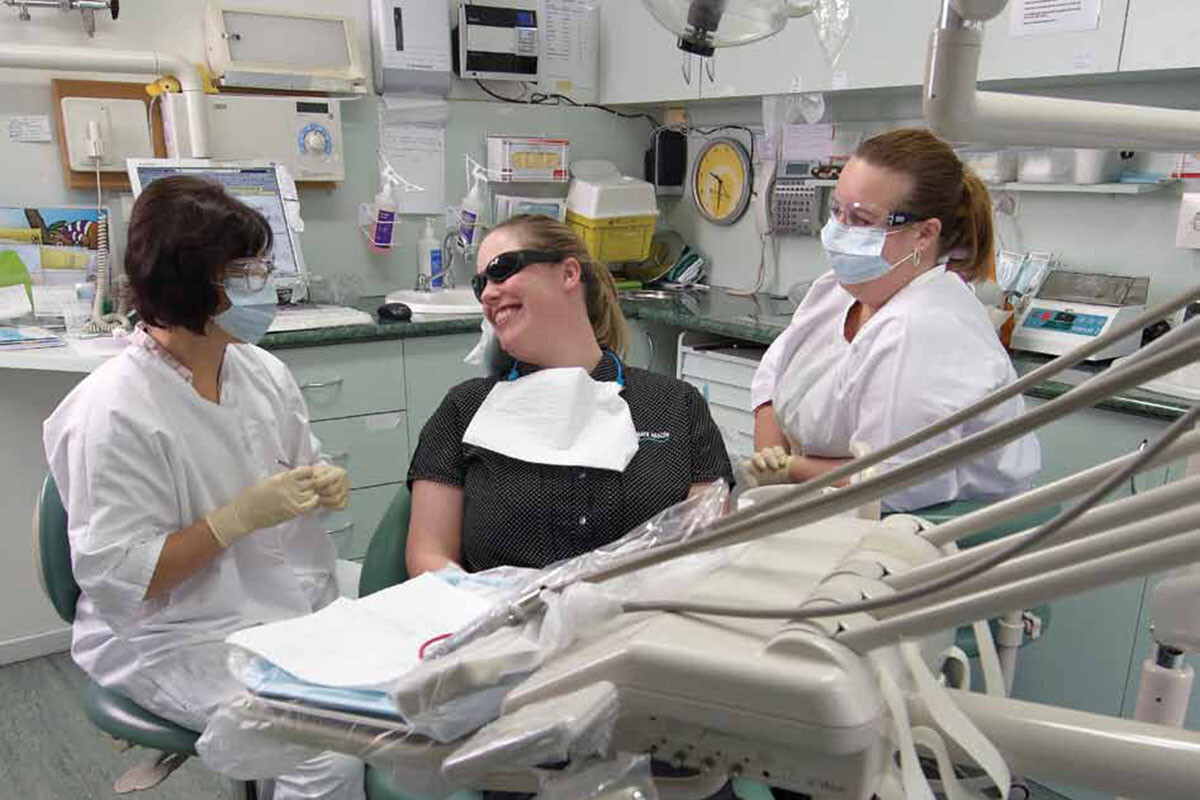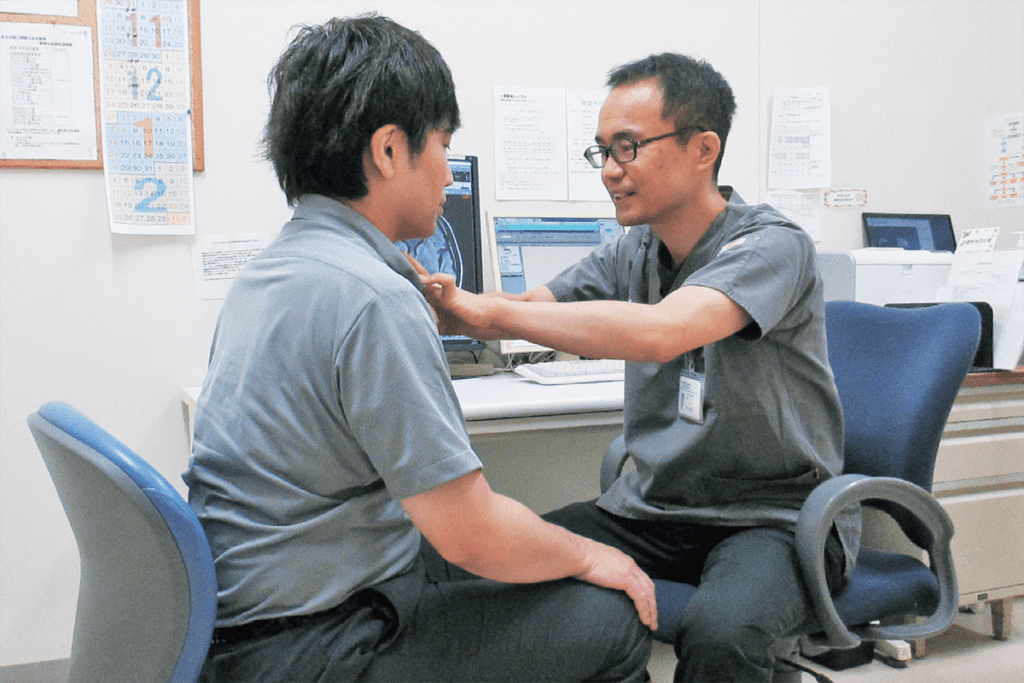Westgate Health Co-op
A focus on patients

Although traditionally stereotyped as ‘moccasin-wearers’, the people of Melbourne’s western suburbs can claim a unique distinction. In 1980 a group of residents in this low-income area took the initiative to develop their own community-controlled medical service. That initial one-GP service was underwritten by the social services department of Victoria’s Baptist Union Church. After six years it could operate independently, and Westgate Health became the first registered community advancement co-operative of its kind in Australia.
Starting with that first small clinic in South Kingsville, the co-operative expanded by acquiring a second just a few kilometres away in Newport. They currently employ 11 doctors (some of them working part-time), as well as dentists. Additional services are provided through a physiotherapist, acupuncturist, two psychologists – one specialising in child psychology – a diabetic educator and an audiologist.
For this comprehensive and affordable service, the co-operative’s 5500 members pay a one-off joining fee of $30 per family, then an annual fee of up to $50 per person or $90 per family, with significant discounts for beneficiaries.
Those modest fees (which even provide for a free annual dental check-up) enable Westgate Health to run with no state or federal funding. At times Westgate has supplied other services more usually regarded as community development, such as free transport, counselling and a ‘casserole bank’ for patients, particularly mothers.
Peter Cash began working as Westgate’s part-time accountant several years ago, eventually joining its board and serving as chair. “You do get the impression of a general atmosphere of community involvement that permeates the whole establishment. Our doctors certainly find there’s a difference to private practice. They’re able to focus on patients rather than the bottom line.”
Some of those patients are referred from as far away as Footscray, says Peter, if they have special needs that Westgate is best placed to provide. This may mean using a translator to communicate with them in minority languages such as, recently, a dialect of Burmese. “We’re now looking at opening a third clinic in Laverton, an area of real need with poor public transport and inadequate social housing.”
It’s not always straightforward working as a community-owned and -run service, and Westgate has encountered difficulties in involving its broad and multilingual membership. “We’re updating our database and developing a PR front to encourage people to come forward,” says Peter. “It’s a defect we recognise.”
As the first medical service of its kind in the country, Westgate Health was crucial to the subsequent formation of Canberra’s West Belconnen Health Co-operativeand remains willing to support other communities looking to follow its example. As its website states, “The philosophy of Westgate Health is based on the principles of co-operation: co-operation between patients and health professionals in caring for the health needs of the community, and co-operation between staff, management and co-op members in the governance and support of the organisation”.
This case study was first published in the International Year of Co-operatives Australia 2012 book – Building a Better Australia: 50+ stories of co-operation.
Related case studies
Discover how co-ops and mutuals are making a big impact in Australia’s health, community and social services sector, successfully delivering high-quality services and support to those who need it most.Are you working on a community-led care solution where you live?




